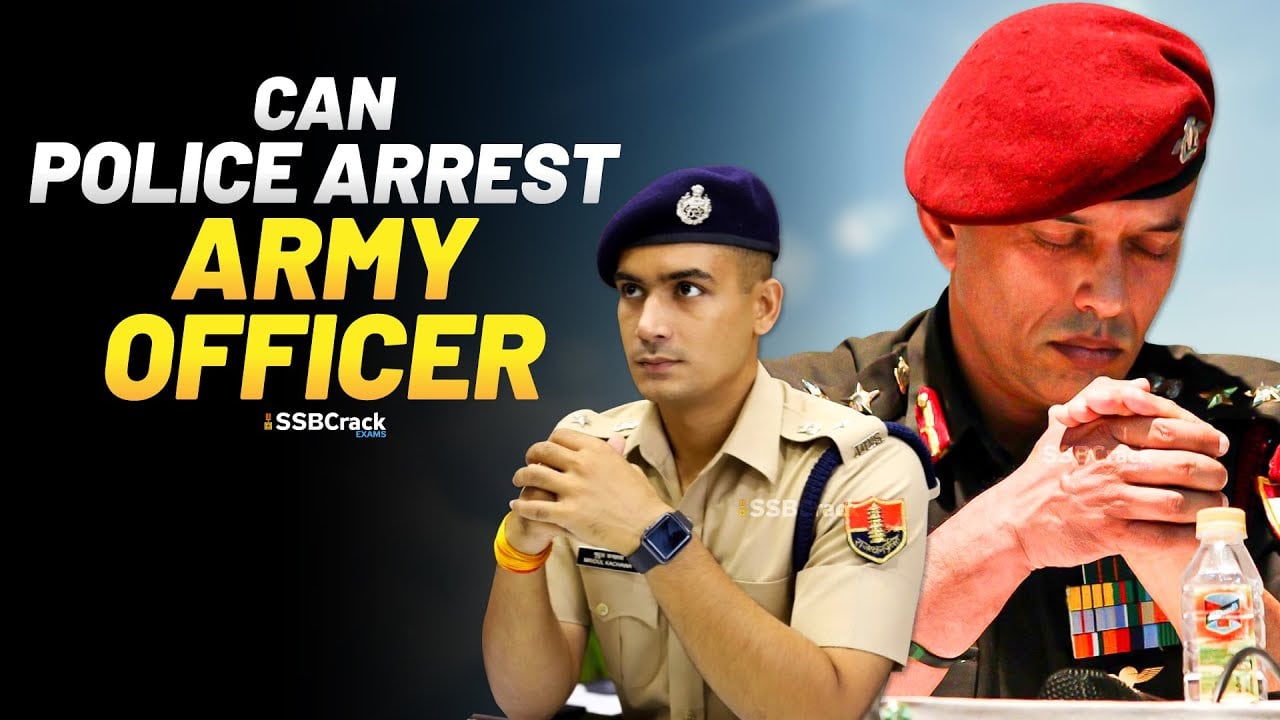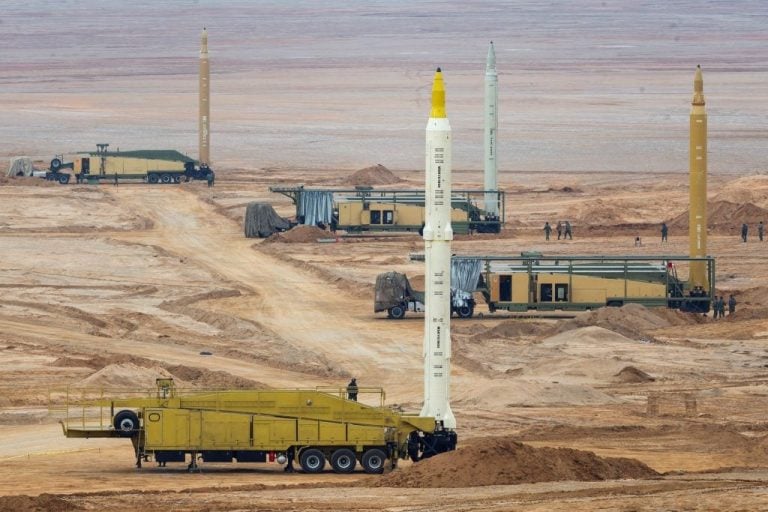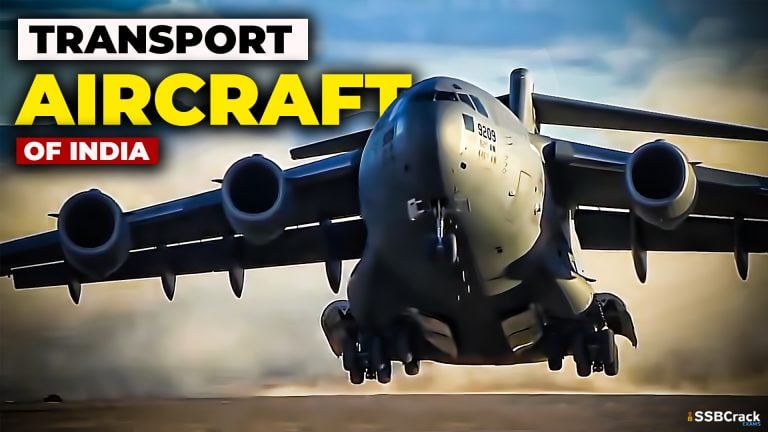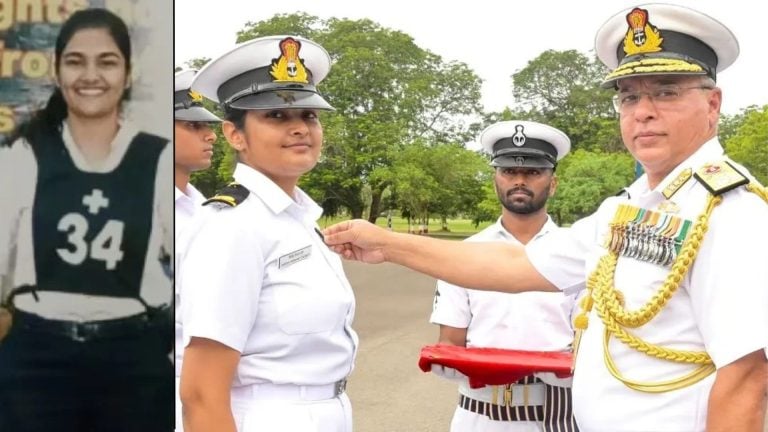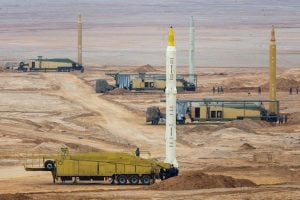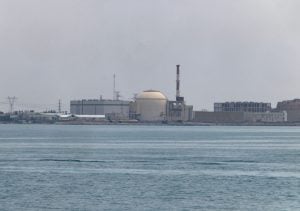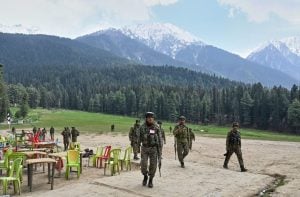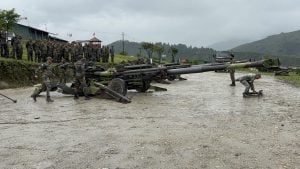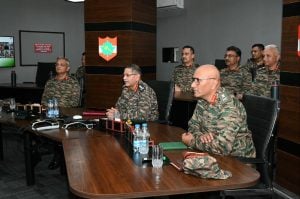The duty of a police officer is to make society safer. But what happens when disruptions to that society are caused by defence personnel? Do the police have jurisdiction to make arrests when it comes to serving officers? The answer is yes and no. As per Section 45 of the Indian Criminal Procedure Code (CrPC) 1973 the Civil Police Can’t arrest any Army Personnel and Army officers (including AF and Navy) (while on duty) without permission of Central Govt.
If the police want to arrest defence personnel, there are certain protocols that need to be followed:
- The police can arrest serving officers without permission only if they are involved in heinous crimes like rape, murder, kidnapping, etc., i.e., unrelated to their duty.
- Other crimes do no allow for police to make arrests of any defence personnel.
- A memorandum of the arrest needs to be presented beforehand.
- The police can only keep an officer for two hours after which they are required to inform the nearest military station headquarters.
- The permission of the arrest will be given by the Station Commander with the rank of a Major General or above. If permission is denied, the officer needs to be handed over to the military police.
- The judgement of the Court Martial is accepted and the final judgement given by the civil judiciary is according to the general summary of the Court Martial.
However, there are immunities provided to serving officers as prescribed in the Indian Constitution.
These are:
Code of Criminal Procedure, 1973
The Code provides the following important privileges to the members of the Armed Forces:
- Section 45 – Privilege in Matter of Arrest.
According to Section 45, no member of the Armed Forces can be arrested by civil police for anything done or purported to be done by him in discharge of his official duties, except with the consent of the Central Government. In other cases, the civil police can arrest, but is immediately required to inform the Commanding Officer about the said arrest.
- Section 197(2) – Privilege of Protection from Prosecution.
Section 197(2) provides that no prosecution can be entertained against Armed Forces personnel for an offence alleged to have been committed by them while acting or purporting to act in discharge of their official duty.
- Section 475 – Delivery to Commanding Officers of Persons Liable to be Tried by Court Martial.
(i) The Central Government may make rules, consistent with this Code and the Army Act, 1950, the Navy Act, 1957, and the Air Force Act, 1950 and any other law, relating to the Armed Forces of the Union , for the time being in force, as to cases in which persons subject to military, naval or air force law, or such other law, shall be tried by a Court to which this Code applies, or by a Court Martial; and when any person is brought before a Magistrate and charged with an offence for which he is liable to be tried either by a Court to which this Code applies or by a Court Martial, such Magistrate shall have regard to such rules, and shall in proper cases deliver him, together with a statement of the offence of which he is accused, to the Commanding Officer of the unit to which he belongs or to the Commanding Officer of the nearest military, naval or air force Station, as the case may be, for the purpose of being tried by a Court Martial.
(ii) Every Magistrate shall, on receiving a written application for that purpose by the Commanding Officer of any unit or body of soldiers, sailors or airmen stationed or employed at any such place, use his utmost endeavours to apprehend and secure any person accused of such offence.
(iii) A High Court may, if it thinks fit, direct that a prisoner detained in any jail situated within the State be brought before a Court Martial for trial or to be examined touching any matter pending before the Court Martial.
In conclusion, a police officer can arrest a defence personnel on crimes unrelated to them performing their duty. Even after an arrest is made, it is mandatory for the police to inform the nearest military station headquarters and inform them about the arrest made.
If they do not get permission for the arrest from the Station Commander, the officer is to be handed over to the military police and they will further look into the matter.
I hope this article was insightful and informative.
Keep reading SSBCrackExams blog post for more such articles!
To crack the SSB Interview, You can join our SSB interview live classes batch and we recommend you to Enroll SSB INTERVIEW ONLINE COURSE. Trusted by thousands of defence aspirants.
Also Read:


